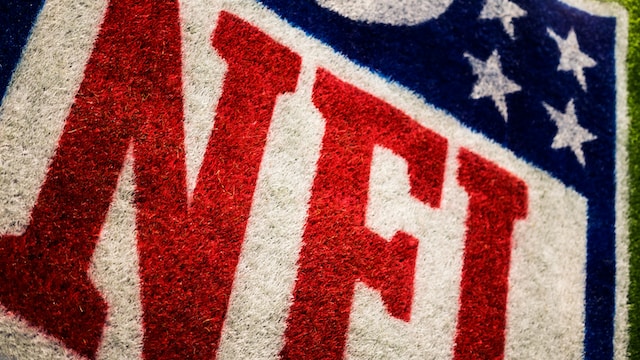 08.08.2023 - Interest in sports can vary widely among different generations. This post explores whether Gen Z, the group of people born after 1996, shows less interest in the NFL (National Football League) compared to the previous generation of Millennials, born between 1981 and 1996.
08.08.2023 - Interest in sports can vary widely among different generations. This post explores whether Gen Z, the group of people born after 1996, shows less interest in the NFL (National Football League) compared to the previous generation of Millennials, born between 1981 and 1996.

Photo: Adrian Curiel
The Shift in Interest
Research indicates a shift in interests among Gen Z regarding sports consumption. Various factors contribute to this shift, including accessibility, social influence, and shifts in lifestyle. Notably, these elements differ markedly from what influenced Millennials, who grew up in a different cultural and technological context.
Factors Influencing Gen Z Interest in NFL
Viewing Preferences
Gen Z's preference for short, fast-paced content might contribute to a decline in NFL viewership among this demographic. Traditional NFL broadcasts, often lasting over three hours, may not appeal to Gen Z as much as to Millennials, who were accustomed to this format.
Technological Influence
As the first generation to grow up with smartphones, Gen Z prefers platforms that allow for easy access and multitasking. While Millennials watched games on television, Gen Z tends to favor streaming and social media clips.
Millennial Engagement with NFL
Legacy Engagement
Millennials grew up in an era where NFL dominated sports broadcasting. The league was often the centerpiece of social gatherings, and fan loyalty was strong. This legacy has influenced the continued interest of Millennials in the NFL.
The Growth of Fantasy Football
Fantasy football has significantly contributed to Millennial NFL engagement. Millennials embrace the social aspects and strategic elements of fantasy football. One could argue that promotions, like the BetMGM bonus code, have further driven this engagement.
Gen Z's Embrace of New Sports
A distinctive feature of Gen Z is their readiness to embrace newer, less traditional sports. Esports, for instance, have become extremely popular among this demographic. Unlike Millennials, who mostly followed traditional sports like football, basketball, and baseball, Gen Z shows a marked inclination towards esports, which are far more interactive and participatory. Such sports, with their ability to engage viewers directly, fit well with Gen Z's preference for interactive entertainment.
Impact on NFL's Marketing Strategies
This changing interest pattern among Gen Z has influenced the NFL's marketing strategies. Recognizing the need to cater to this generation's interests, the NFL has started exploring options beyond traditional broadcast methods. Streaming platforms, interactive viewing experiences, and condensed games are all part of the league's attempts to appeal to Gen Z. As this generation comes of age, it's likely that such strategies will become even more prevalent.

Photo: Project 290
Gen Z's Preference for Individual Athletes
Another factor to consider is Gen Z's preference for following individual athletes over teams. Gen Z tends to idolize individual players, tracking their progress and personal stories, rather than showing loyalty to a specific team. This is a significant departure from the way Millennials engage with sports, where team loyalty often takes precedence.
Role of Social Activism
Gen Z, more than previous generations, tends to support causes and organizations that align with their beliefs on social issues. This generation's commitment to social justice can impact their support for different sports leagues, including the NFL. Unlike Millennials, who might have prioritized the sport over its governance, Gen Z seems more likely to be influenced by how the NFL handles issues of social justice.
The Future of NFL and Gen Z
While current trends suggest a decreased interest in the NFL among Gen Z compared to Millennials, the future is not set in stone. The NFL, recognizing the need to adapt, has already started making changes to appeal to this new audience. By leveraging the power of digital platforms and focusing on social engagement, the NFL can still capture the interest of Gen Z. However, it will be essential for the league to continually adapt and innovate, keeping pace with the ever-changing landscape of entertainment preferences.
Conclusion
It appears that Gen Z might indeed be less interested in the NFL than Millennials. Their interest patterns have been shaped by different cultural and technological contexts. However, this doesn't necessarily mean that the NFL is losing relevance. Instead, it indicates a need for the NFL to adapt its marketing and content strategies to engage this newer generation more effectively. In a dynamic environment, such adaptability is key to staying relevant.




